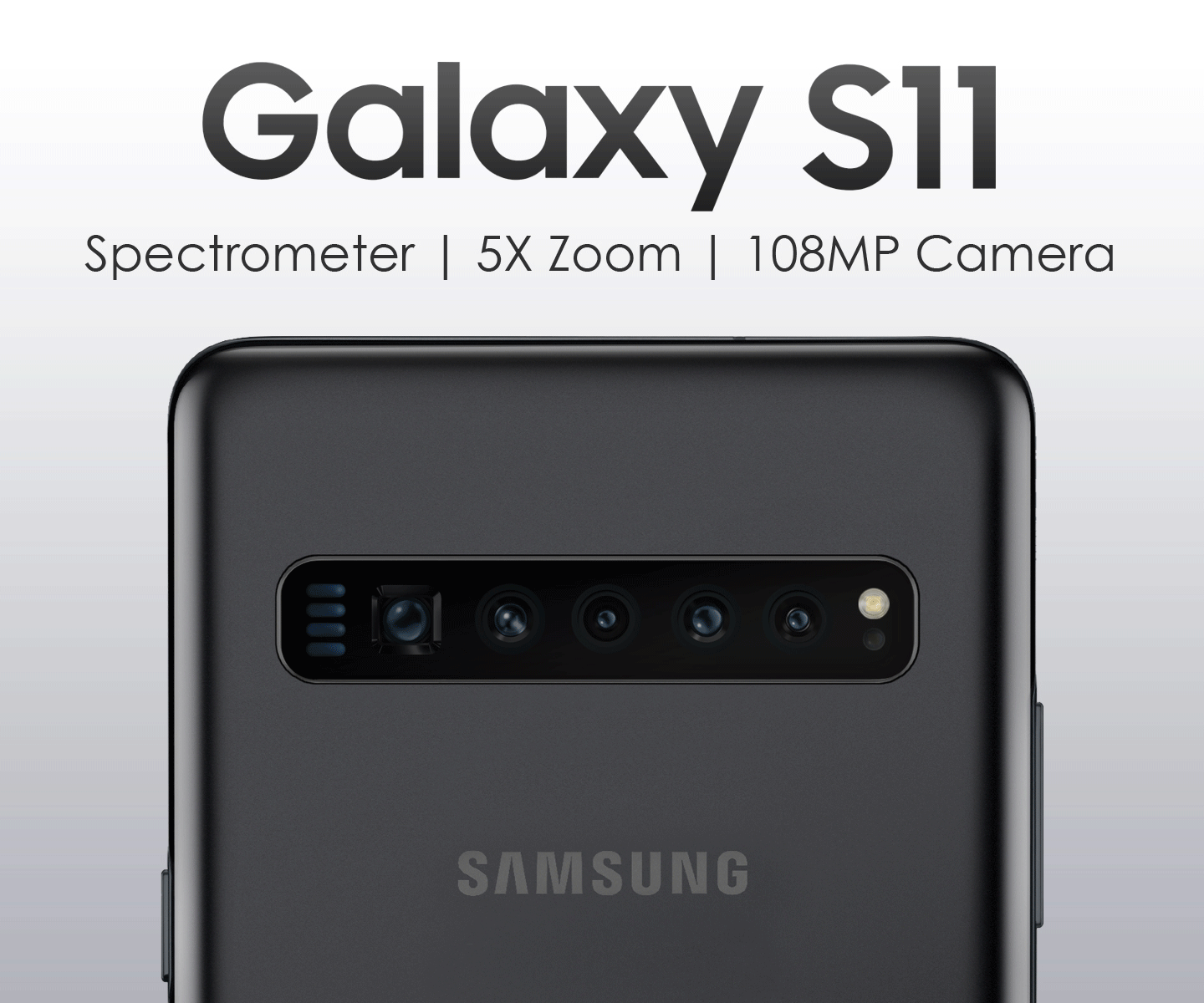Samsung's upcoming Galaxy S11 smartphone might be capable of reading your skin conditions
2 min. read
Published on
Read our disclosure page to find out how can you help MSPoweruser sustain the editorial team Read more

While many hold the view that the smartphone industry is running out of innovations, manufacturers like Samsung are trying hard enough to find out what is the next big thing that a smartphone could do.
Samsung Electronics filed a new patent on March 20 this year and it’s recently published by USPTO. The patent talks about a smartphone with IR spectrometer or an infrared spectrometer.

The benefit of having spectrometer sensors on your smartphone is enormous — the smartphone will help you measure your skin condition, measure the amount of sugar content available in fruits, and many other things.
The patented device is equipped with a series of light sources, which sits left to the camera system. In order for the smartphone to read the condition of the target object, you need to point the smartphone towards that object. The science behind it is also quite interesting.
Thanks to the light sources, the smartphone will be able to transmit electromagnetic waves to the object, the object will then receive those reflective signals and based on that the spectral data will be generated.
Aside from reading sugar content and moisture of your skin, the patented device will be able to measure heart rate and stress ratio.
Since Samsung has a good amount of time left to work on the Galaxy S11, we might see these amazing technologies inside the upcoming S11 smartphone. Things might also go the other way and Samsung might introduce these features in some other smartphones.
We’ll find out whether the Galaxy S11 ships with those spectrometer sensors in the first quarter of 2020.
via Letsgodigital









User forum
0 messages